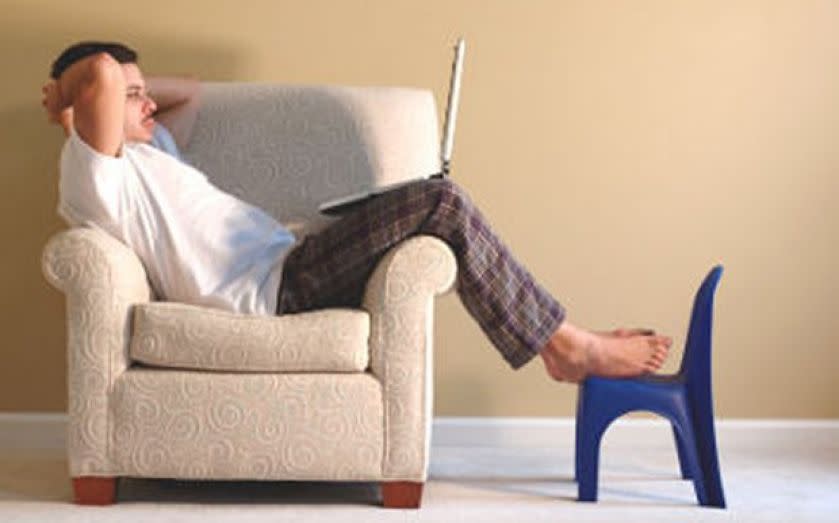More than £80m spent on remote working kit for ‘couch potato’ HMRC staff

HM Revenue and Customs (HMRC) spent more than £82m on remote working devices for its workers, City A.M. can reveal.
The taxman purchased over 175,000 laptops, tablet computers, phones, and desktops at a total cost of £82,609,759 over the last three years, according to data obtained in a Freedom of Information Request (FOI).
“HMRC cannot continue to splash our hard-earned cash to fuel this absurd remote working binge,” said Patrick Sullivan, chairman of the Parliament Street think tank, which filed the FOI.
“It’s time to put an end to this couch potato culture, with staff ordered back into the office as a mandatory part of their job description,” he added.
HMRC splashed a total over £64m providing 88,362 laptops for department employees at an average cost of up to £828. Nearly £8m was spent buying 54,093 tablet computers and over £10m on 32,013 mobile phones.
An HMRC spokesperson said: “The equipment is required for staff to work in the office and elsewhere.”
A further £477,392 was spent on 782 desktop computers, even though fixed desktop machines in HMRC offices were replaced with docking stations and laptops between 2014 and 2017.
Last year, the Telegraph recently revealed that around 95 per cent of staff at HMRC staff work remotely at least one day in the working week, up from 92 per cent during the first national pandemic lockdown.
A shift to home working took off during the Covid-19 lockdowns but civil servants have come under fire for continuing to work at home amid sluggish productivity levels in the UK.
According to the Office for National Statistics (ONS), public sector productivity grew by just 0.2 per cent annually from 1997 to 2019. However, since the pandemic, it has declined, resting approximately 5 per cent below pre-pandemic levels.
Following the financial crisis, UK productivity growth in the UK has stuttered and now trails behind global counterparts. David Miles, a leading economist at the Office for Budget Responsibility (OBR), has described the slowdown as “catastrophically bad” for the UK economy.
But some tech bosses have defended HMRC’s investments in tech, saying it can actually boost productivity.
Michael Thornton, senior director of public sector at Investigo said: “The bottom line is that this kind of tech investment will dramatically boost productivity in the long term.
“However, equipping staff with shiny new devices is only part of the solution, public sector teams need to embrace AI and ensure they have a robust digital talent pipeline in place to drive long term savings.”
The British government is currently on a drive to use AI to fix Britain’s dragging workforce, with chancellor Jeremy Hunt putting public sector productivity at the heart of his economic strategy.
Stuart Munton, chief of delivery at AND Digital added: “Flexible working is critical for cutting travel time and reducing overheads in terms of office costs. If we want to build a leaner, more effective public sector then these kind of tech investments are key.”

 Yahoo Finance
Yahoo Finance 